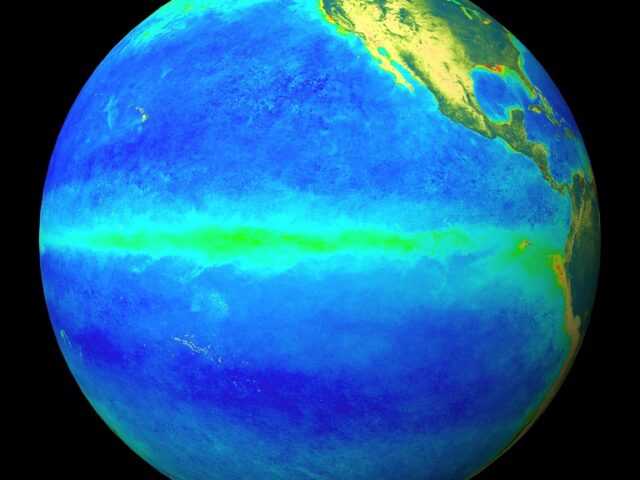MELBOURNE, Australia – Both the El Niño–Southern Oscillation (ENSO) and Indian Ocean Dipole (IOD) remain neutral, reports the Bureau of Meteorology (BOM) of the Australian Government in its latest wrap-up. While neutral ENSO is forecast for the southern hemisphere winter, some models suggest a La Niña-like pattern could develop in spring. Similarly, four of six models suggest the possibility of a negative IOD developing in the Indian Ocean from mid-winter.
Key indicators of ENSO, such as the Southern Oscillation Index (SOI), trade winds, cloudiness near the Date Line, and sea surface temperatures in the tropical Pacific Ocean, are generally at levels consistent with a neutral ENSO state. However, sea surface temperatures across the tropical Pacific Ocean have cooled over the past two months, and sub-surface temperatures in the tropical Pacific Ocean are also cooler than average.
International climate models surveyed by the Bureau forecast further cooling in the central tropical Pacific, but remain ENSO-neutral through the southern hemisphere winter. During spring, two out of the eight models exceed La Niña levels, with another two briefly touching thresholds. It is worth noting that ENSO predictions made in autumn or early winter have lower skill than those made later in the year.
The Bureau’s ENSO Outlook is currently INACTIVE. However, if further cooling is observed in coming weeks, and any additional models suggest La Niña development, the ENSO Outlook will be raised to La Niña WATCH.
The IOD is currently neutral. Four of the six international climate models surveyed by the Bureau suggest the development of a negative IOD from the middle of the southern hemisphere winter, with other models remaining neutral. However, each model shows a broad spread of likely scenarios between the neutral and negative IOD range, and the most up to date model outlooks have shown a lower likelihood of negative IOD. A negative IOD typically brings above average winter–spring rainfall to southern Australia.
The Southern Annular Mode (SAM) is currently positive, and is forecast to remain positive for the coming fortnight. During winter, a positive SAM typically means less rainfall for southwest Western Australia, southern Victoria, and Tasmania.


















